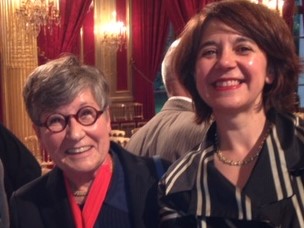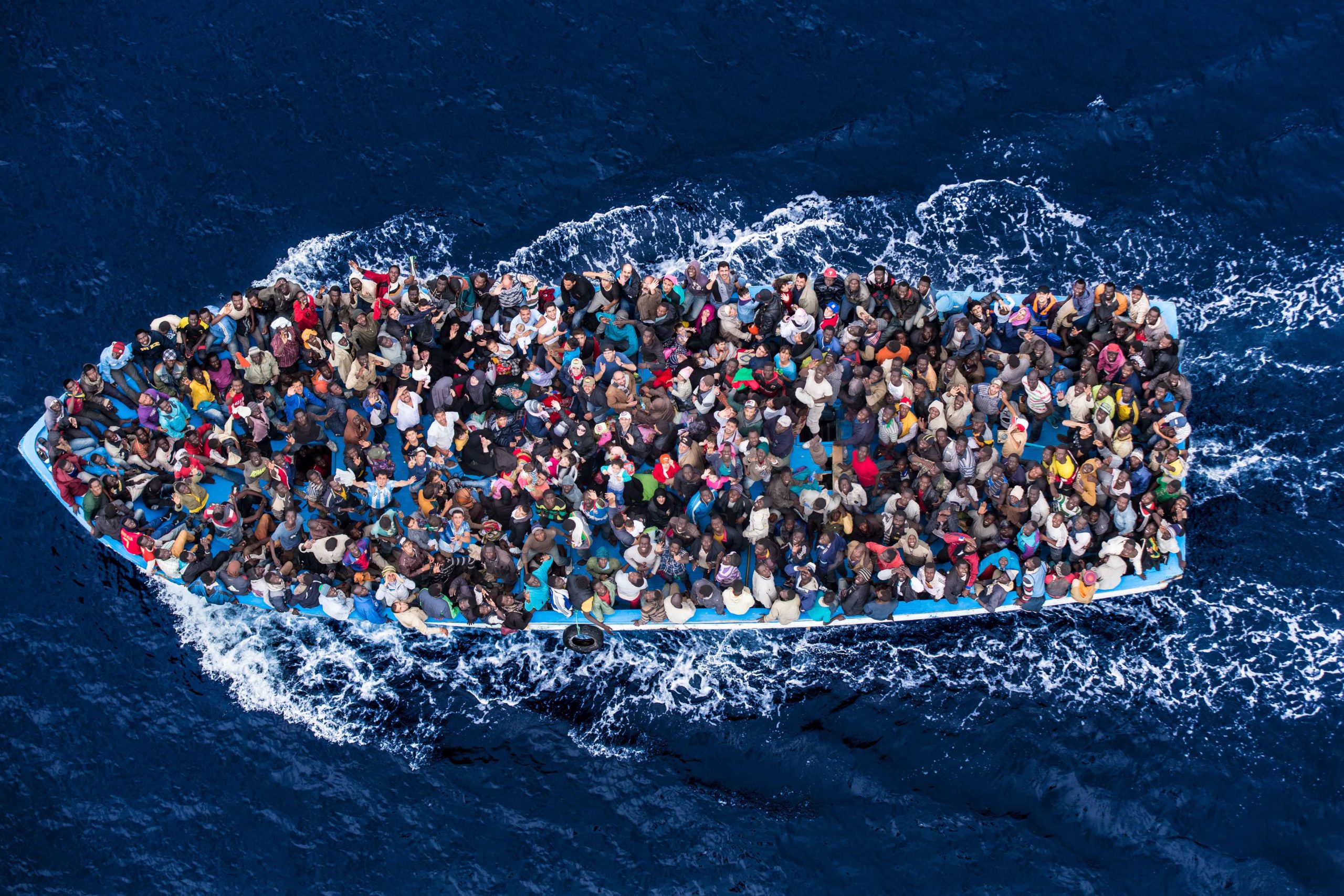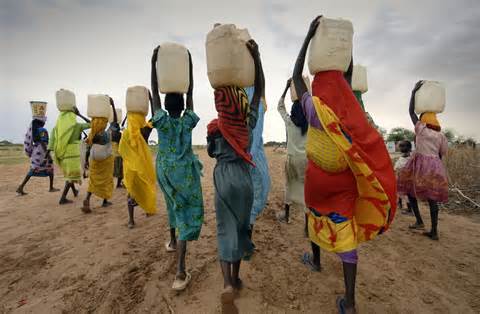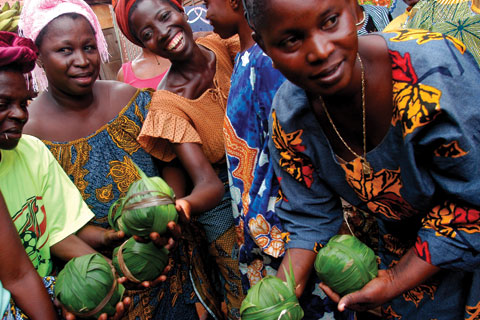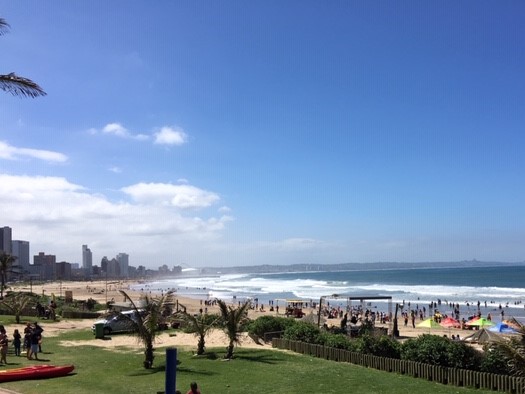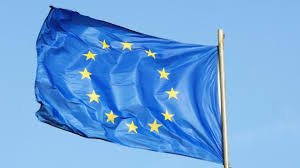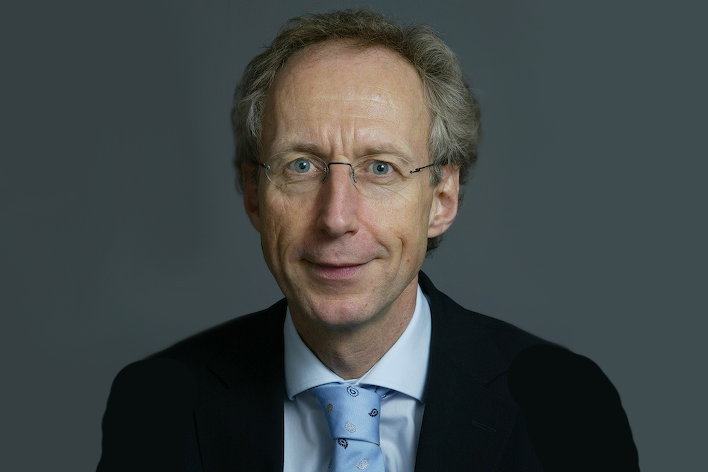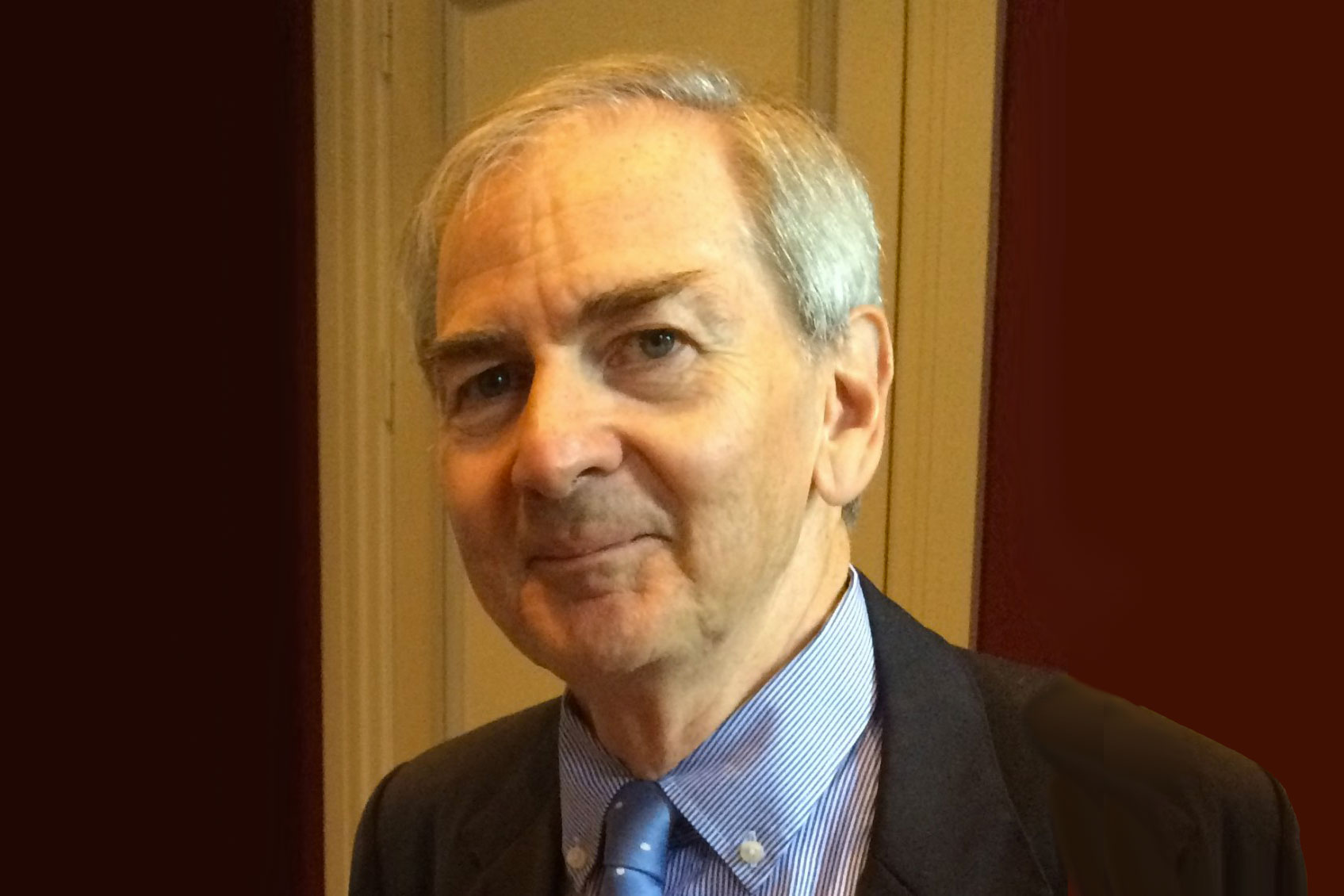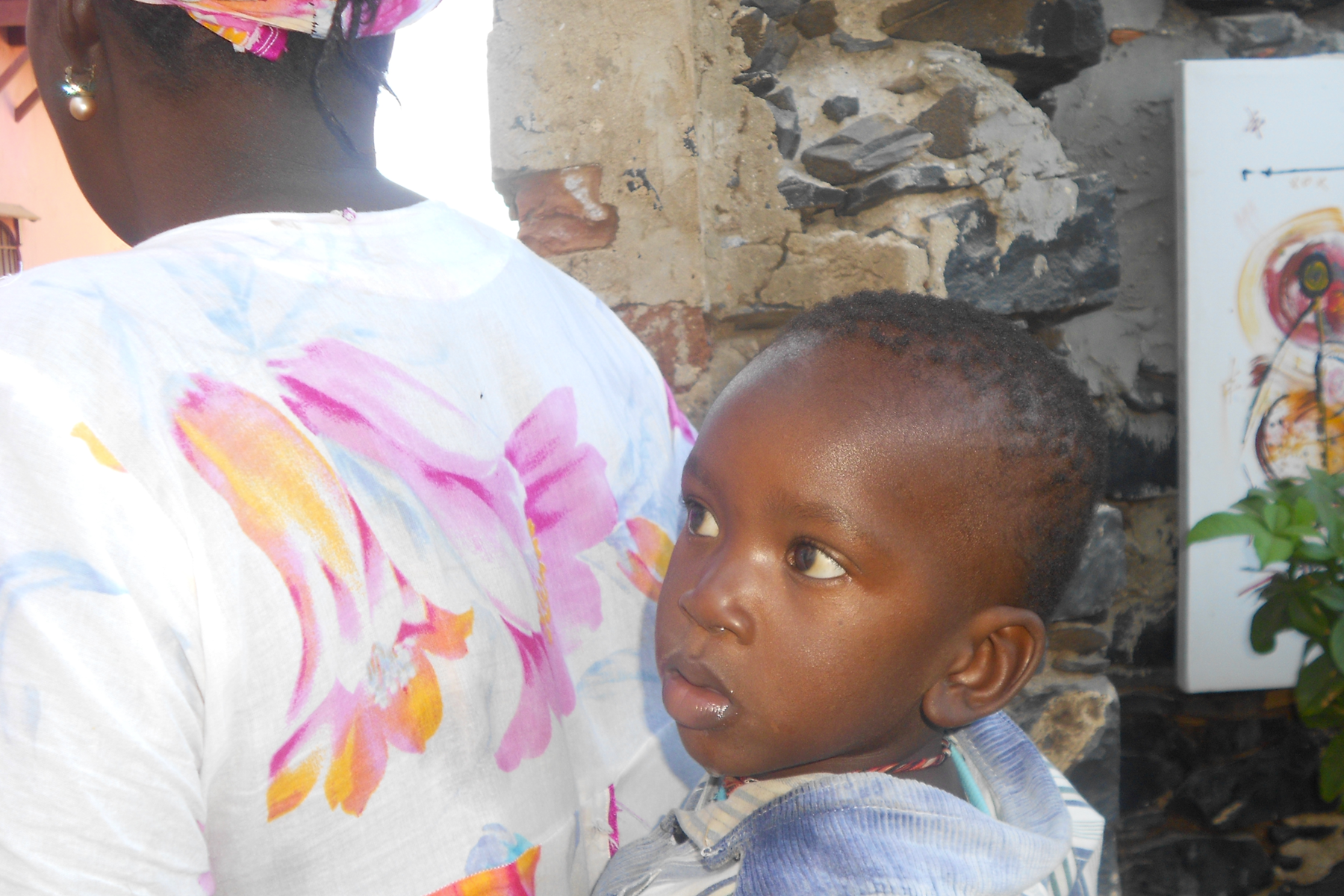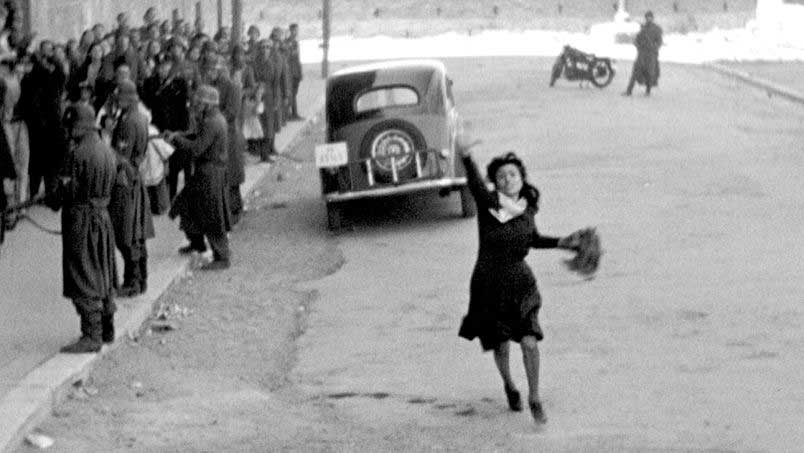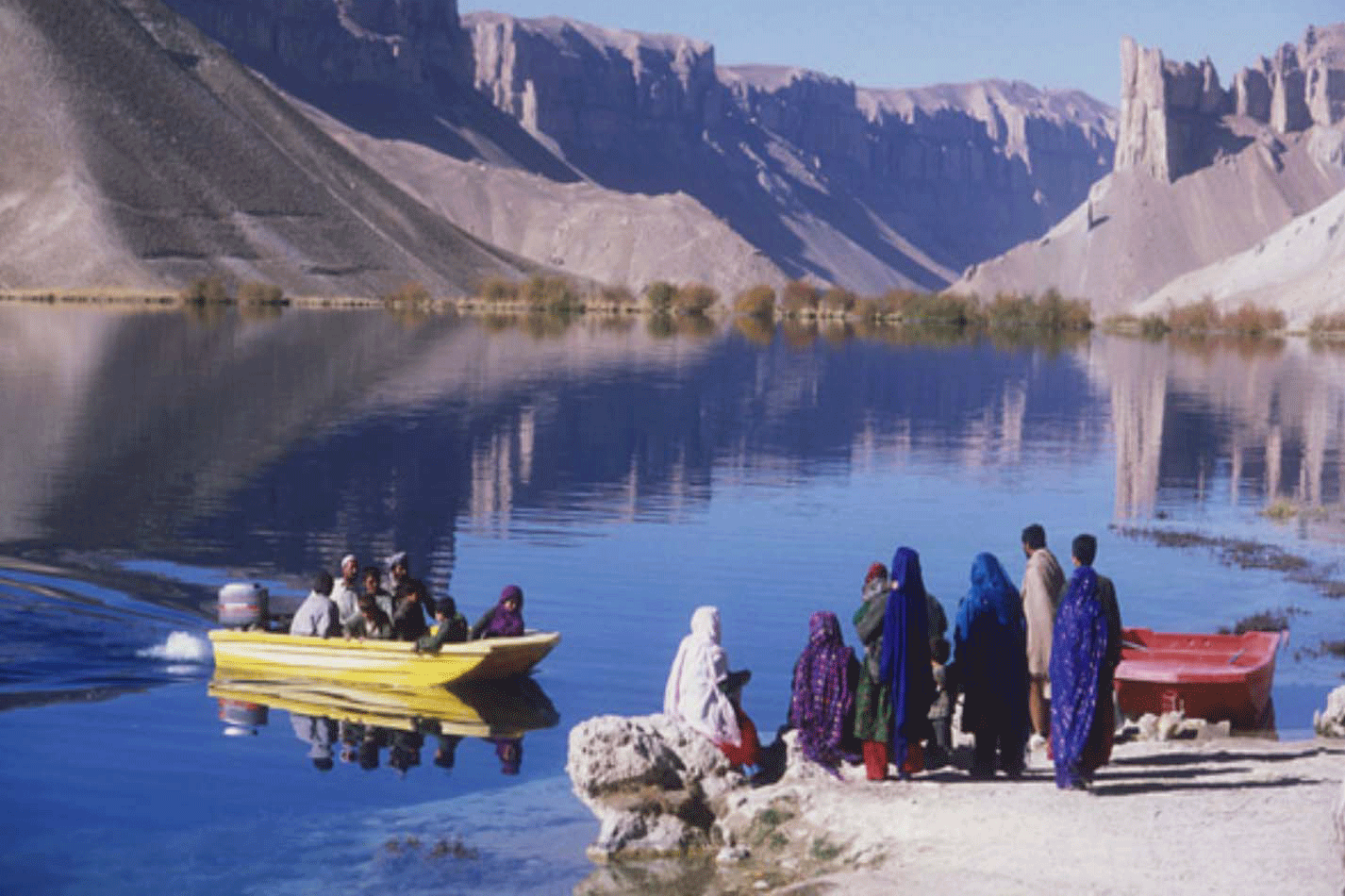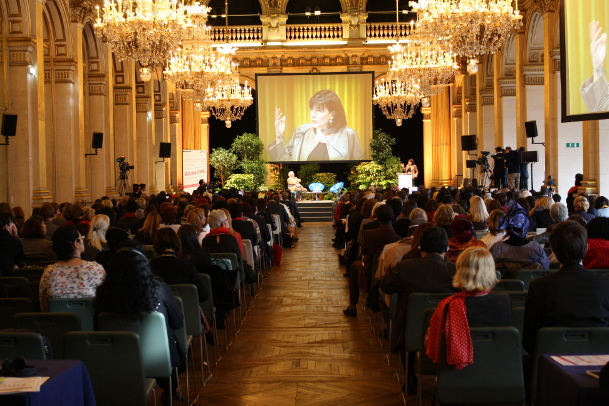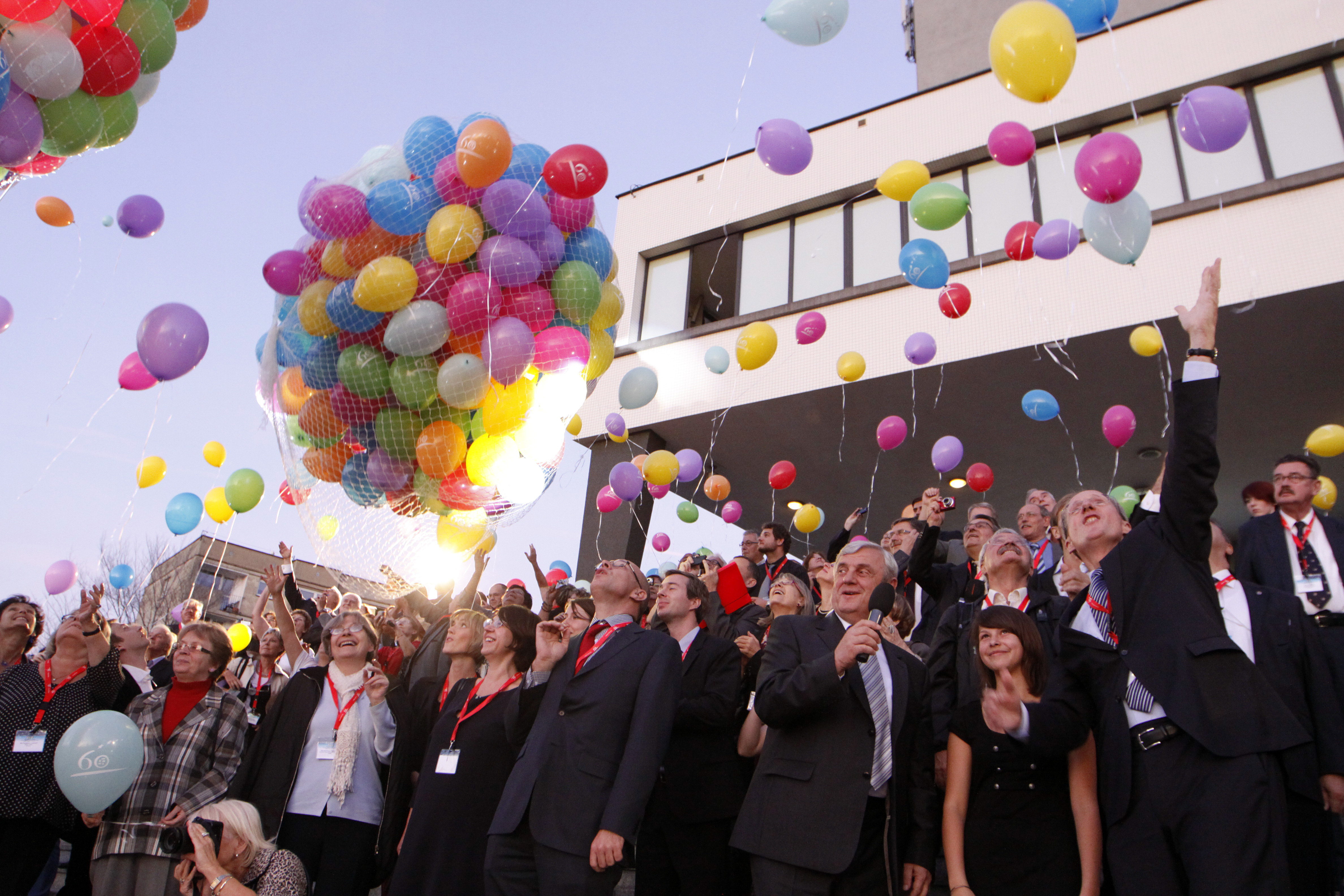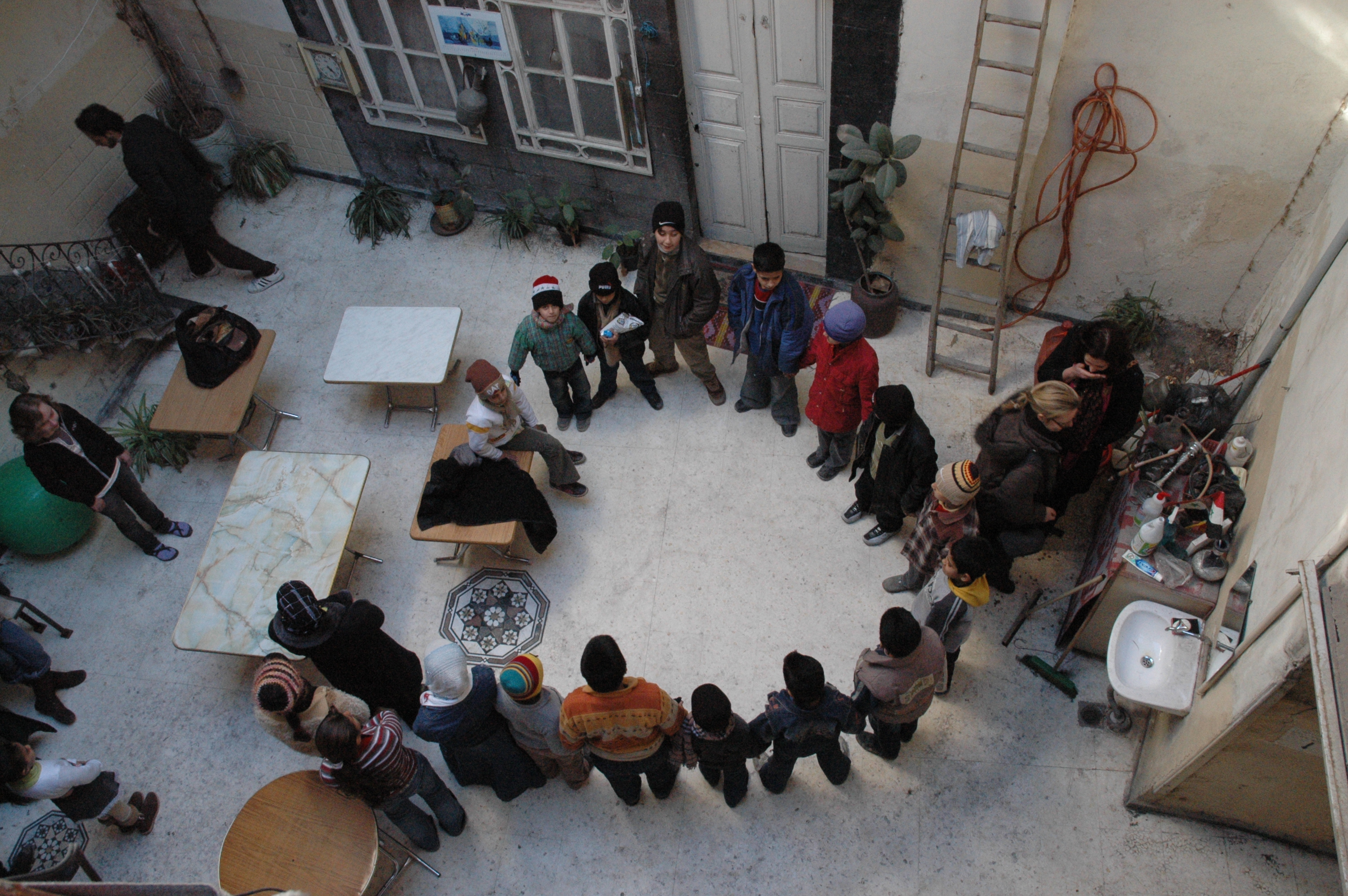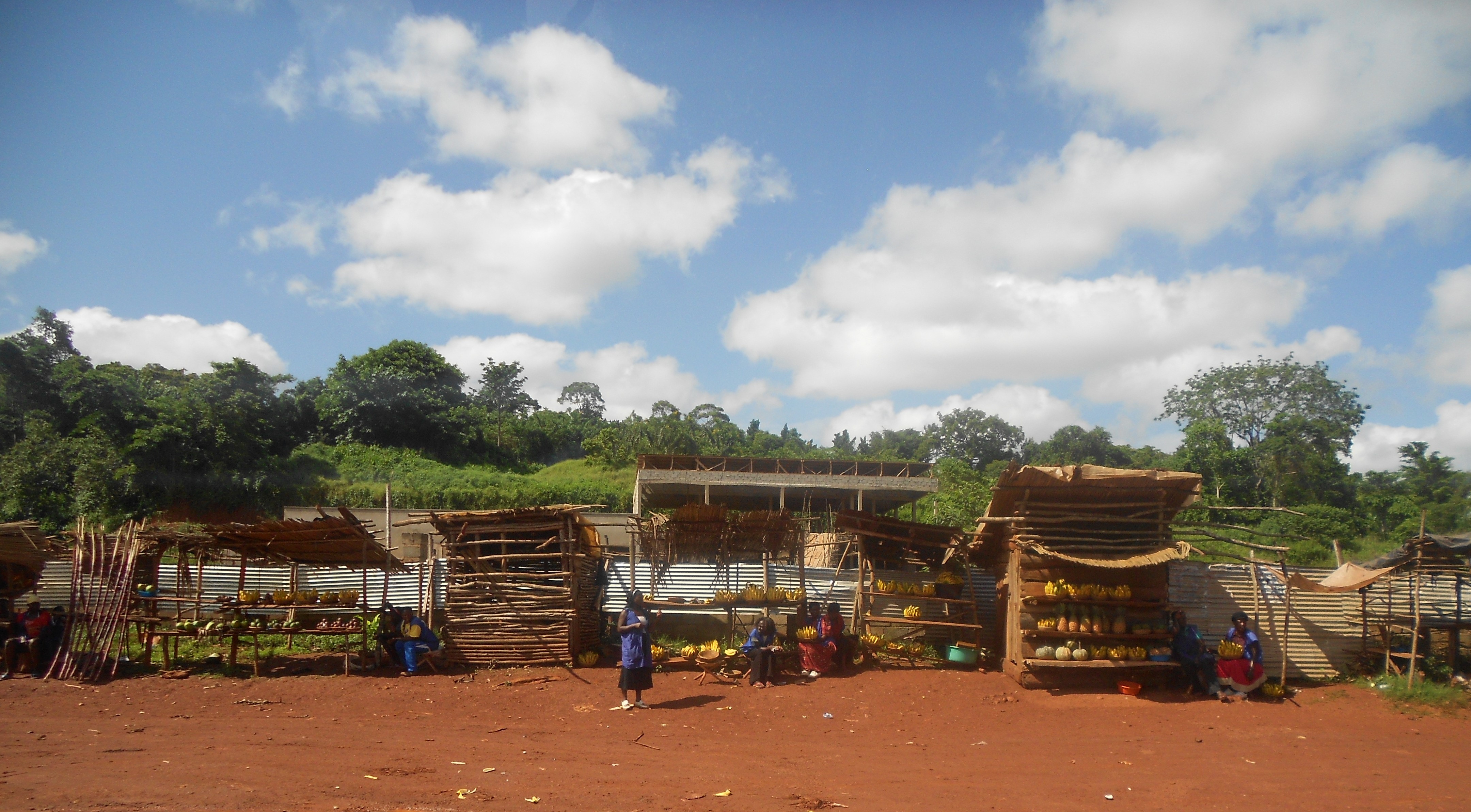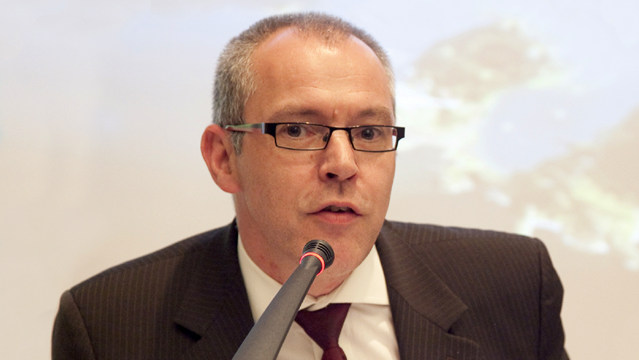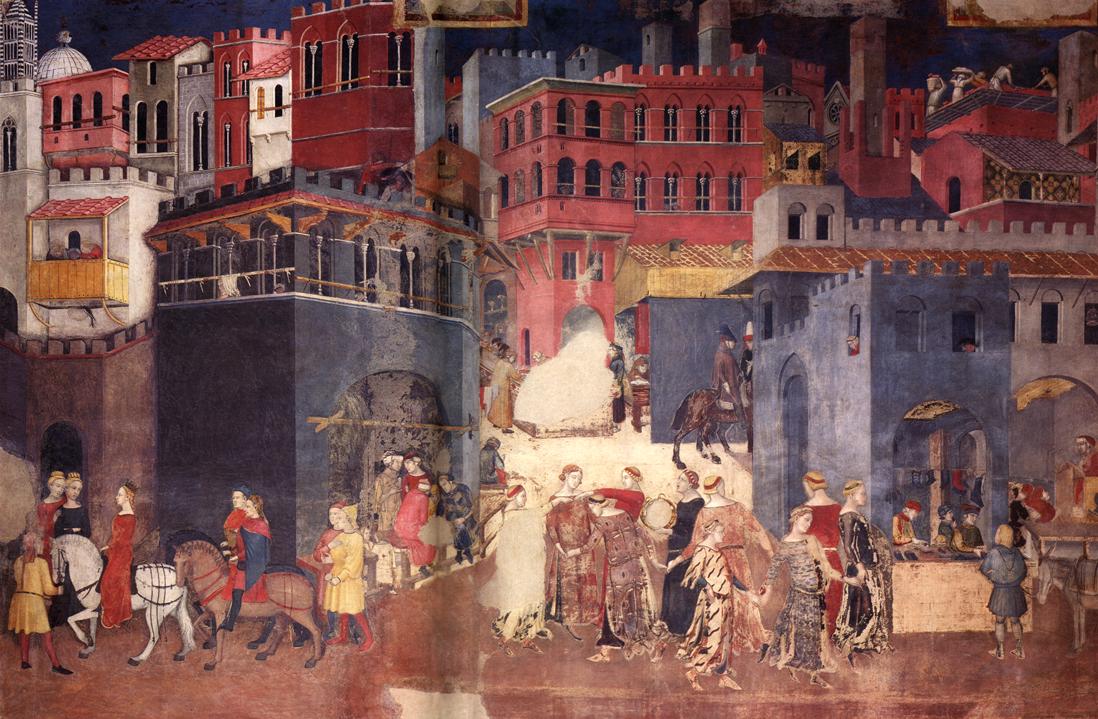Interview with Pierre Schapira
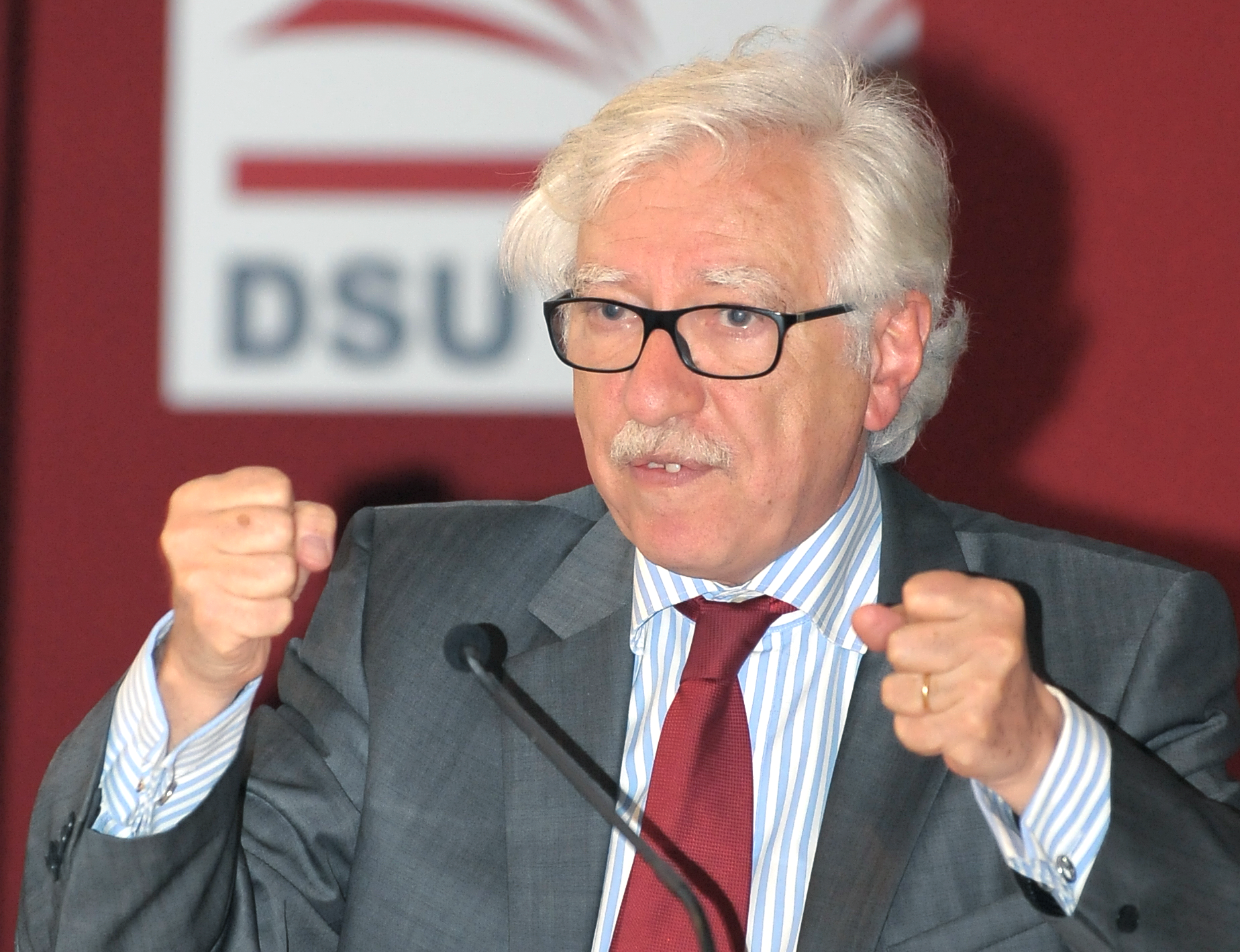
Securing recognition for the role of local and regional authorities in development cooperation is a debt we owe to Pierre Schapira.
As Deputy Mayor of Paris in charge of international relations during Bertrand Delanoë’s term of office, Pierre Schapira worked closely with the Mayor of Paris, shaping through his contributions, along with the latter, how Paris is viewed on the international stage.
He played a prominent role in the creation of UCLG (1), the world organisation of cities presided over by Mr Delanoë, working alongside him during this mission to federate the world’s mayors in order to ensure that the voice of cities was heard at the United Nations.
As a firm believer in Europe with a strong standing in Paris and in French political life, Pierre Schapira is a man of ideas and a man of action who brilliantly managed to coalesce his local mission with his duties as a member of the European Parliament.
As a Member of the European Parliament from 2004 to 2009, he is a known and recognised figure on the European stage and in the world of international cooperation for having given a voice in Brussels to local authorities active in development cooperation by presenting and submitting to a vote a report which led to their acknowledgement in European programmes in 2006.
When he arrived in Brussels in 2004 following his election to the European Parliament, Pierre Schapira was already an experienced decision-maker for a European capital and could count as one of his accomplishments the long process of building up UCLG after several years of negotiations that resulted in the merging of the two then-existing world organisations of cities: IULA and UTO.
Momentum was definitely produced with the birth of UCLG, driven by the powerful presence of 4 000 mayors (2) who sent a message to the United Nations, letting the international community know that the world’s future lay with the cities.
It was amidst this historical context that Pierre Schapira proposed his report to the European Parliament on “Local Authorities in Development Cooperation” which resulted in the European programme Non-State Actors/Local Authorities (NSA/LA) being set up for the 2007-2013 period. Platforma (3) was also created during this time.
His direct manner of speech, refined from years of practice, and peppered at times with wonderful anecdotes, was what gave his remarks their strength when giving speeches in Brussels and was also instrumental in initiating dialogue with people who spoke “Brusselese” (an expression he often uses in provocation!) at times, thus allowing him to get across a message that people were not always ready to adhere to!
I was lucky enough to be able to work with Pierre Schapira and to establish a trusting relationship with him over the years as we shared both difficult battles as well as outcomes that surpassed expectations during our Platforma journey together.
He was kind enough to respond to my questions concerning the recognition of the role of local authorities in development cooperation and the preparation of his report to the European Parliament.
Without this report, the world’s local authorities would not be reaping the benefits today of a specific programme devoted to supporting decentralised cooperation and decentralisation around the world.
1) Sandra Ceciarini: You were the author of the European Parliament report on the role of local authorities in development. How did you happen to come up with the idea of the report at that particular moment?
Pierre Schapira: I was elected to the European Parliament in 2004. I had been Deputy Mayor in charge of International Relations since 2001. So I had three years of experience dealing with international cooperation issues for a city. After arriving at the European Parliament, I obtained an own-initiative report from the President of the Socialist group at the time, Martin Schultz, on the role of local and regional authorities in development. Mr Schultz had been a mayor(4): he understood my approach.
This report obviously came into being during a particular period. UCLG, the world organisation of local authorities, had just been created. A certain forward impetus was thus generated.
It must be said that my report was received by the European Parliament amidst an overall indifference. It was an own-initiative report, and so it was not considered very important in the eyes of the EP’s internal logic. It was voted upon, period!
It was actually the European Commission that was very interested in this report. I had in fact built up very constructive relationships, notably with Stefano Manservisi, former Director General of Europaid and especially with the Director at that time, Aristote Bouratsis. We also worked really well with the department heads, for example Denis Pourchet and Carlos Cardao. All of this resulted in the creation of the Non-State Actors/Local Authorities programme for the 2007-2013 period, endowed with a budget of around 1.6 billion euro.
Aristote Bouratsis played a particular role in all of this. Together, we built up friendly relations based on trust. I remember that he told me at the Committee of the Regions that it was thanks to me that the programme existed. This acknowledgement touched me profoundly as I felt that I had won a victory in some way: cities were given the same recognition internationally for the role they play that NGOs enjoy.
And there you have the process that led to LRAs having a fuller role to play in development.
In my report, I said that a platform for local authorities was needed, along the same lines as what NGOs had with Concorde.
We thought that CEMR (5) should shoulder Platforma and began to steer our efforts in this direction.
2)(SC) What is your assessment of the NSA/LA programme seven years after its creation by the EU following your report?
Pierre Schapira: Seven years later, I think that the programme is now a fixture on the European scene!
Are all LRAs familiar with it? That is a different issue.
The programme has been set up with the European Commission and it exists in the south. It fully contributes to EU development policy.
The Communication issued by the Commission in May 2013, and approved in July 2013 by the European Council, recognises the political role of LRAs in development.

In the 2014-2020 budget, the programme, rebaptised Civil Society/Local Authorities (CSO/LA), has a budget of 2 billion euro. It is now up to local authorities to use these funds, to know how to adjust them to current realities by demonstrating their role and potential in the fight against poverty and the building up of democracy.
We need to thank particularly the Chief of the Unit of the European Commission who is responsible for this programme, Angelo Baglio, who has played a crucial role in this process.
3)(SC): You were Deputy Mayor in charge of international relations for the City of Paris for many years and you were very active when it came to supporting development. Could you tell us about some of the accomplishments that you are particularly proud of and of which Parisians can be as well?
Pierre Schapira: I have to say that Parisians were not privy to much information on this issue.
But I can tell you that when Bertrand Delanoë and I reported on the international cooperation aspect of our mandate, the room was packed with people. The interest and awareness that many Parisians had for this topic was palpable. During my mandate, one of the most concrete forms of cooperation was the one we set up with Ouagadougou (Burkina Faso) and Bamako (Mali) on the organisation of health policy – the Paris Bamako Ouagadougou (PBO) project. We carried out a project supporting municipal development strategies on health with the support of the European Union. Ouagadougou and Bamako were thus able to benefit from Paris’ expertise in the area of local governance in order to ensure that their populations had better access to healthcare.
This project enabled the Municipality of Ougadougou to provide a local plan of health development, to strengthen the role played by the main actors in healthcare and to create a management structure at the municipal level in charge of health issues.
We all worked together to make this project a success. Local officials from Ouagadougou and Bamako came to Paris for a month to pursue an internship at the city’s offices and they also completed a training course at the School of Public Health in Rennes, l’Ecole de la Santé Publique, one of the project’s partners.
I wanted to mention this project, which had a substantial impact on the lives of the local population. But Paris also carried out other projects, for example one with Abidjan (Côte d’Ivoire) and Cotonou (Benin) on the reabsorption of lagoon areas, which allowed us to create green breathing areas in these cities.
We have also carried out many projects and initiatives under the Association Internationale des Maires Francophones (6), which is presided over by the Mayor of Paris, Anne Hidalgo.
1)(SC): Pierre Schapira, what purpose does international cooperation serve in the world of today?
Pierre Schapira: In today’s world, which has been called a globalised world, there still remain a great deal of very poor countries with blatant shortages in terms of healthcare, water, sanitation, urbanisation conditions, etc. The greater the difficulties of the situation, the greater the needs. There are many capable decision-makers and experts in these countries; it is important that the conditions necessary for partnership be set up in order to ensure they receive support.
What cities lack most of all is training. And training is essential! Without the implementation of a hands-on approach to learning the necessary expertise in these places, the transfer of technology is useless.
Cities from richer countries need to commit to assisting their poorer counterparts as part of an overall process of development that can ensure better living conditions for the populations.
Europe is currently undergoing difficult times, which has instilled a tendency to turn inwards. We must not let our self-interests take over our better instincts. It is our duty to show solidarity towards poorer countries. We must use the European programmes, the Civil Society/Local Authorities programme for example, to foster development and decentralisation in Africa, Asia and Latin America.
With this, Pierre Schapira reminds us of the background of this European programme now known as Civil Society/Local Authorities and which represents a unique means for supporting local development, helping to improve the living conditions of so many people who still live in destitution and face injustices daily. Without his report, we would never have achieved this!
I left Pierre Schapira after a long conversation filled with reminiscences (many!) of satisfying outcomes, more or less positive thoughts on France and Europe and also full of hope for our programme!!
I have always been impressed by his ability to convey ideas in a simple and persuasive manner by quickly tapping into other people’s natural complicity and empathy.
A man from the left, always willing and ready to stand with his fellow human beings, Pierre Schapira possesses a sense of focus regarding everyday realities and adopts an approach inspired by his humanity towards others, a quality increasingly rare nowadays in people of such prominence.
Many thanks my dear Pierre for all that you have done and for what you have given us!
I hope that we will continue to cross paths and that you will continue to work hand-in-hand with the world of international cooperation in order to support “your programme” and to help with the proliferation of your sense of solidarity!
1) UCLG, United Cities and Local Governments, was launched in Paris at the founding congress in May 2004. Bertrand Delanoë presided over the organisation from 2004 to 2010, and its current President is the Mayor of Istanbul, Kadir Topbas.
2) The number of participants at the Paris Congress.
3) Platforma is the structure that acts as the voice of local and regional authorities vis-à-vis the European Institutions. For more information, please read the article on my site and visit www.platforma-dev.eu
4) Martin Schultz was Mayor of Würselen located in North Rhine–Westphalia (Germany)
5) CEMR: Council of European Municipalities and Regions, where I was Director of International Cooperation, and which hosted Platforma, which I directed during the period in question.
For more information on CEMR, see: www.ccre.org
6) The AIMF is the International Association of Francophone Mayors (AIMF), which was created at Paris’ initiative in 1979. The AIMF is the network of local elected representatives from 48 countries where French is either the official language or one largely in use. For more information, visit: www.aimf.asso.fr




 All news
All news
